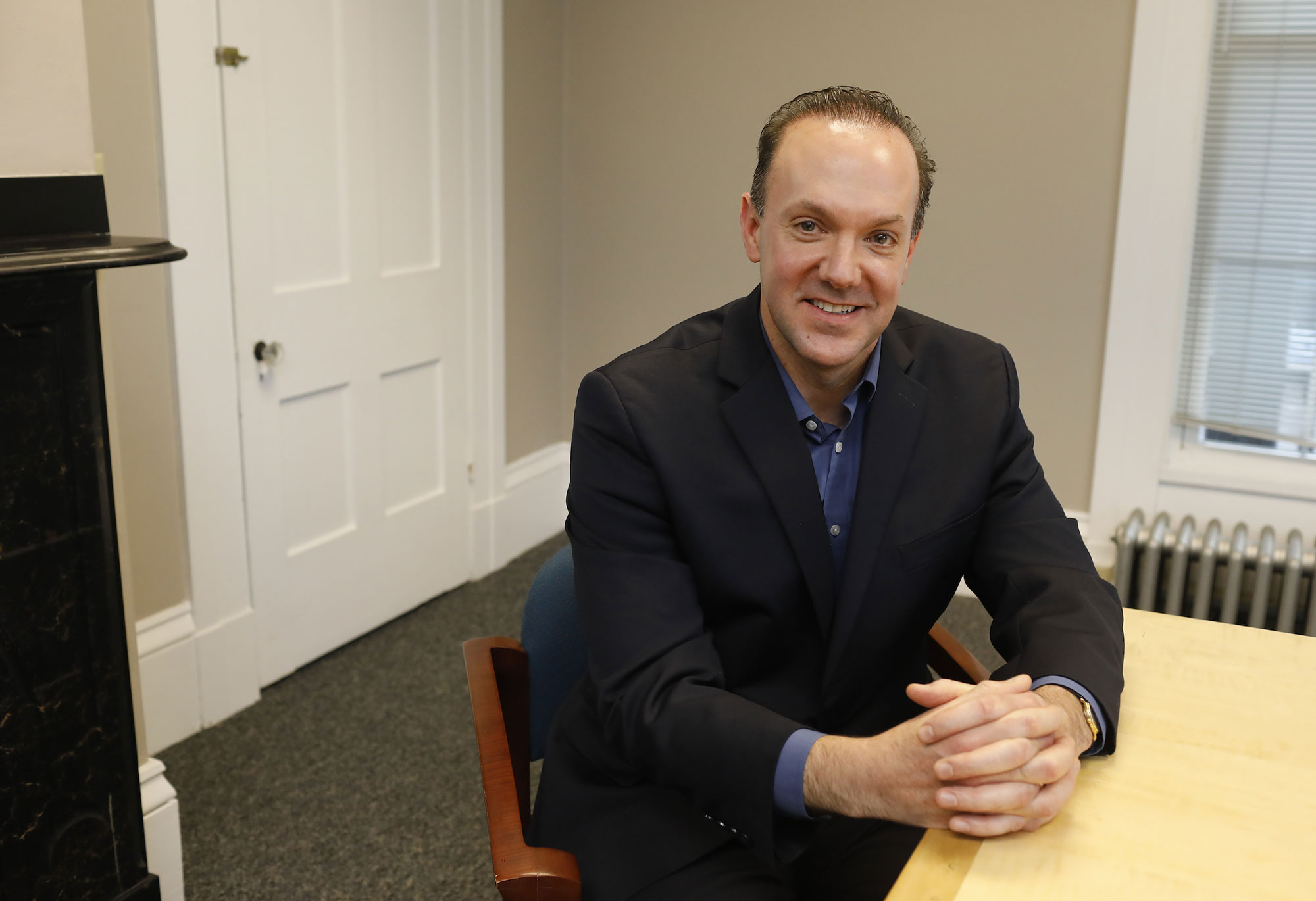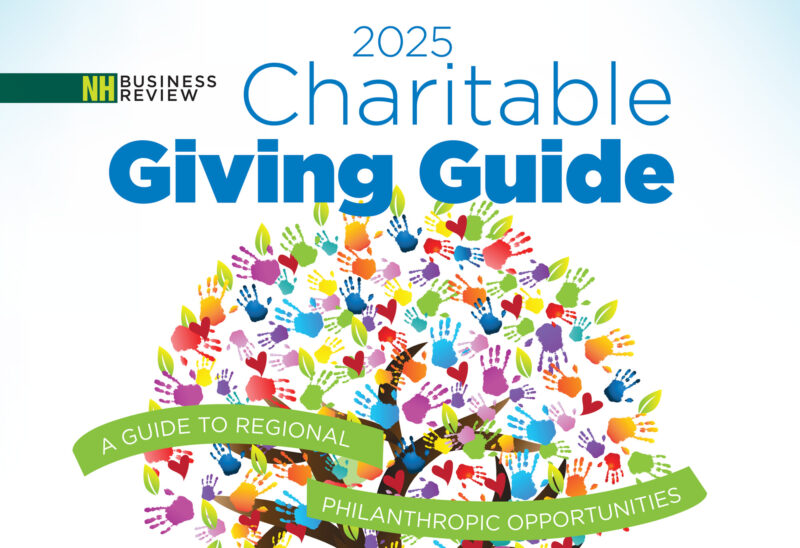This article was updated in January, 2020.
When people are donating to charity, cash is typically the first asset they consider giving. In fact, more than 90 percent of all giving in the U.S. is in the form of cash. And, while cash is certainly a welcome gift to support nonprofit work, gifts of other kinds of assets can also help you maximize your charitable impact.
Many kinds of assets can be converted into good works in the community. Consider:
- Appreciated securities: The stock market has done very well since the recent recession. With such incredible growth, looking at one’s stock portfolio (or mutual fund, or exchange-traded fund portfolio) for highly-appreciated securities is a fine idea when considering a charitable gift. Giving stock directly (rather than selling it and donating the cash) means there is more to give. Because the donor does not incur capital gains tax on the growth, the full value of the securities goes directly to good works. One couple used securities to donate into their donor-advised fund, from which grants have been made for environmental protection, health care, support for LGBTQ youth, and more.
- Real estate: Direct donation of real estate, similarly, can make for a donation with a larger impact than a donation made after a sale. One Seacoast couple donated an apartment building to the Charitable Foundation. The building was sold after the donation, and proceeds went into a donor-advised fund – grants from which have been supporting environmental causes and education and helping the homeless. A Lakes Region family donated a piece of forested land, which was similarly sold, and grants are now supporting education and opportunity for kids and help for struggling families. Another family donated a summer vacation home, and created a donor-advised fund which is supporting local arts organizations.
- Tangible personal property: Sometimes a qualified, independent art, jewelry, or antique appraiser can place an informed value on an old family heirloom. Other times, less precious assets from someone’s home can be viewed by an auctioneer, who can help determine value. These assets can be donated to a nonprofit to be sold at auction or by a professional who knows the market with the proceeds supporting the work of that nonprofit. (If the donated assets exceed $5,000, the IRS requires an independent appraisal to support the charitable deduction.) One New Hampshire woman donated her home and its contents to create a scholarship fund at the Charitable Foundation. Last year, $51,500 in scholarships were made from that fund to New Hampshire students, and the fund is set to continue to support New Hampshire students in perpetuity.
- Royalties and distribution rights: Artists and inventors receive residual income from their creations. That income can be directed to a nonprofit as a donation. The Foundation receives book royalties from the estate of one author, who wanted to have them continue to do good long into the future. Per her wishes, those royalties support a resident writers’ program at a New Hampshire college.
- Closely-held Stock/Business interests/partnerships/interests in LLCs: Closely-held stock (not publicly-traded) is another asset to consider donating. Structured appropriately, gifts of such stock can be made directly to a nonprofit. Donating stock pre-sale can be a good option when considering the sale of a business. The nonprofit can then sell the stock, without incurring the tax burden, and put the proceeds to work in our communities. Ultimately, this means more charitable dollars are made available to fund vital services. The Foundation has also worked with generous people who created a charitable fund by donating their interest in a limited partnership.
- Charitable IRA Rollover: The charitable IRA rollover has been made permanent, meaning that people who are 70½ or older can request to donate that distribution, up to $100,000 per year, directly to nonprofits without that distribution being subject to income tax. People can also add to their IRA from other tax-deferred retirement assets, such as a 401(k), or 403(b), and then give the resulting IRA distribution to a nonprofit. One generous family created a scholarship at the Foundation using an IRA rollover, which is now helping New Hampshire students pay for college.
- Private Foundation: Most experts agree that when a foundation is $5 million or less, because of regulatory requirements, cost, and administration, converting that private foundation to a donor-advised fund at a community foundation is a good idea. Community foundations administer the funds and help people maximize charitable impact with deep community knowledge, knowledge of the nonprofit sector and ability to attract additional funding to complement your charitable dollars. It usually takes three to six months to convert a private foundation to a donor-advised fund.
- Donating a life insurance policy: Sometimes a couple will establish a life insurance policy that endows on the second person’s death. If fully-funded, the entire policy can be donated to a nonprofit. When the survivor of the couple passes away, the death benefit would be used per the donors’ wishes to support nonprofit work. A survivorship insurance policy funded with a premium of $50,000, for instance, could become a gift of $500,000 later. One couple used this opportunity to create a charitable legacy to pass on to their children.
While cash is a terrific asset to use for making charitable donations, it is also important to know that there are ways to donate illiquid assets that often lead to even greater charitable impact.
Your trusted CPA, wealth advisor, attorney, real estate expert, appraiser, or auctioneer can help you make an informed decision about whether or not to consider such an asset for donation. Senior Philanthropy Advisors at the New Hampshire Charitable Foundation are available to speak with you and your advisors about ideas for maximizing your giving for the organizations and issues you care about most.
This article is informational and educational in nature. It is not offering professional tax, legal, or accounting advice. For specific advice about the effect of any planning concept on your tax or financial situation or with your estate, please consult a qualified professional advisor.













![Oluwakemi Olokunboyo of Dover received a McNabb scholarship to study nursing at Great Bay Community College [Photo by Cheryl Senter]](https://www.nhcf.org/wp-content/uploads/2024/05/Scholarship-Hero-800x548.jpg)
![Indrika Arnold, Senior Wealth Advisor, the Colony Group [Photo by Cheryl Senter]](https://www.nhcf.org/wp-content/uploads/2024/05/Indrika-Arnold-Hero-800x534.jpg)




